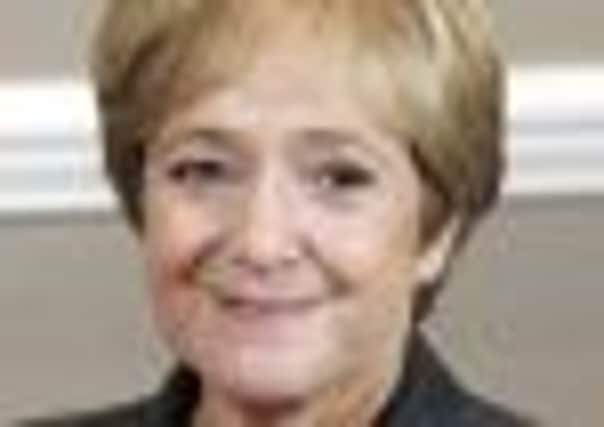Academy schools raising standards say MPs


The House of Commons’ Public Accounts Committee believes up to a quarter of the country’s academies could need financial or managerial help in order to secure their long-term future.
Its report, published today, also warns that many sponsors of the new schools have failed to provide the money which they originally pledged.
Advertisement
Hide AdAdvertisement
Hide AdThe investigation by MPs focused on the performance of academies set up under the last Government before the programme was expanded by the coalition.
The schools, originally known as city academies, were set up to run independently but with state funding, replacing failing secondaries in some of the most deprived parts of the country.
Barnsley, Bradford, Leeds, Sheffield and Thorne, near Doncaster, were among the first areas where academies were introduced .
Under the old model, introduced by Labour a decade ago, academies were opened in new buildings and backed by a private sponsor such as a charity, business or faith group.
Advertisement
Hide AdAdvertisement
Hide AdThe schools were free to set their own curriculum, timetable, admissions policy and employment arrangements.
Originally sponsors had to commit up to £2m of the capital costs to be involved in the running of a new academy but this has since been relaxed and there is now no requirement for new sponsors to contribute financially.
Today’s report warns that the Government has struggled to enforce payments of outstanding debts from academy sponsors.
“According to figures provided by the Department for Education in December 2010, of a total of £147m of capital contributions pledged, only £121m have been received.
Advertisement
Hide AdAdvertisement
Hide Ad“The status and recoverability of some of these sums remains unclear. For example, at four academies the department was unable to determine either the amounts pledged or the balances still outstanding.”
The committee’s report does, however, praise the success of academies in raising standards.
Committee chairman Margaret Hodge MP said: “We welcome the substantial progress being made by the original, sponsored academies. They have achieved rapid academic improvements and raised aspirations in some of the most challenging schools in the most deprived areas in the country.”
This finding was welcomed by Ros McMullen, principal of the David Young Community Academy, in Leeds, one of the region’s first purpose-built academies.
Advertisement
Hide AdAdvertisement
Hide Ad“The study is right but for those of us who have been involved in these transformational academies on the ground it is no surprise that the results have improved.”
She added improving behaviour, attendance, uniform and raising aspirations had led to improved results at her school, which opened in 2006.
There are now 271 sponsored academies across the country including 23 in the region. More than 100 existing schools, including 10 in Yorkshire, have also joined the academies programme since it was extended.
Education Secretary Michael Gove has invited all schools rated as outstanding or good by Ofsted to apply to opt out of council control and run themselves independently as academies.
Advertisement
Hide AdAdvertisement
Hide AdMrs Hodge said: “Having two distinct strands to the programme – the sponsored academies aiming to raise educational standards in deprived areas, and the new converter academies created from schools already performing well academically – increases the department’s challenge of ensuring sound management and accountability.”